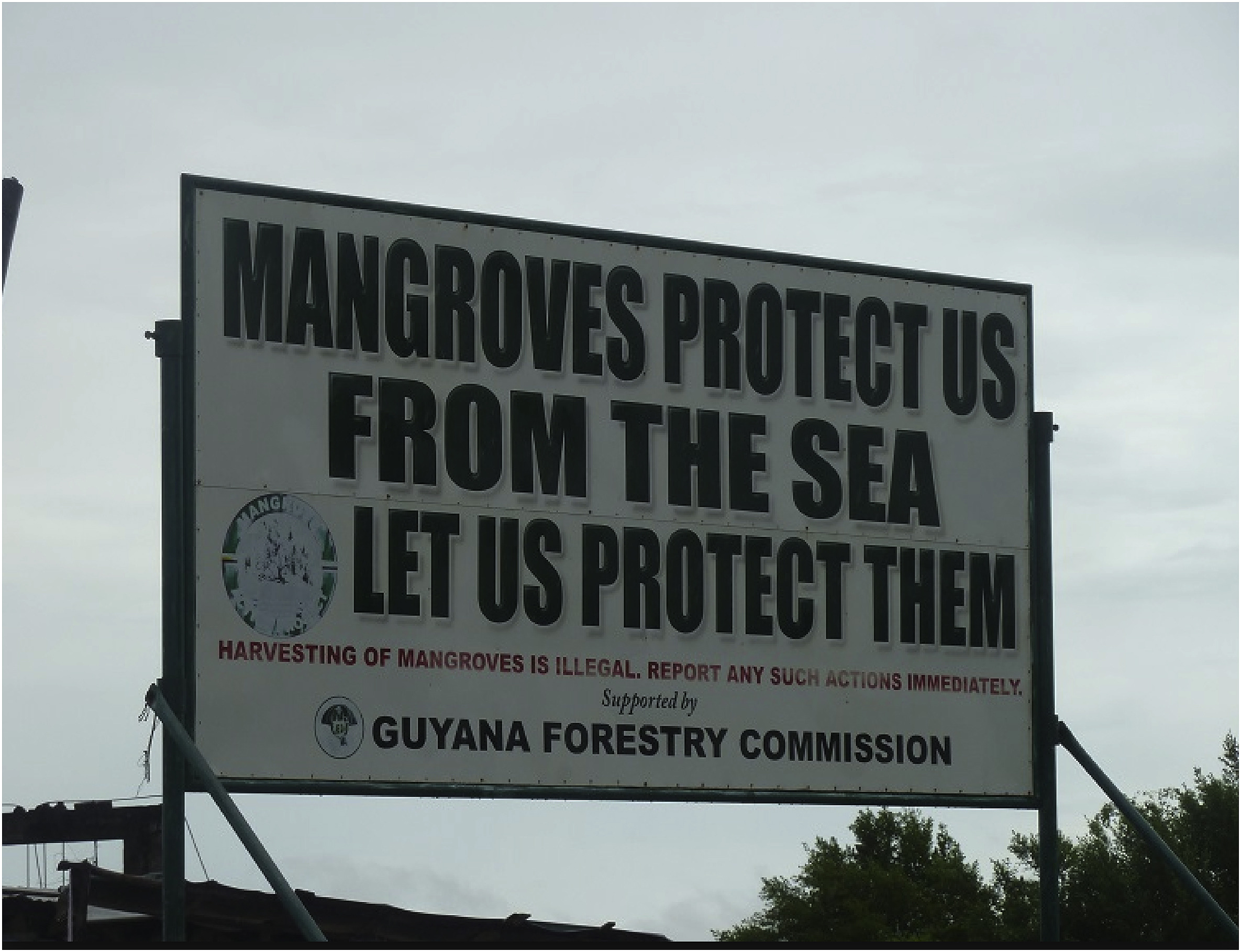Ocean and Coastal Management, Volume 154, 15 March 2018
Mangrove forests provide critical services around the globe to both human populations and the ecosystems they occupy. However, losses of mangrove habitat of more than 50% have been recorded in some parts of the world, and these losses are largely attributable to human activities. The importance of mangroves and the threats to their persistence have long been recognized, leading to actions taken locally, by national governments, and through international agreements for their protection. In this review, we explore the status of mangrove forests as well as efforts to protect them.
Geoforum, Volume 90, March 2018
Referred to as the ‘forgotten causalities’ of climate change (Cutter 1995), very few studies have examined the precise nature and magnitude of climate change impacts on children, let alone on the growing number of orphans and vulnerable children in Sub-Sahara Africa (SSA), where climate change is already expected to exact its worst humanitarian toll. This paper examines personal, familial, and contextual circumstances that arise when children lose their parents to HIV/AIDS and how these situations mediate exposure to the impacts of climate-related disasters.
Heliyon, Volume 4, March 2018
Sustainable Cities and Society, Volume 37, February 2018
Forced migration is not a recent phenomenon, nor is the reality of the amount suffering of the displaced population fleeing from armed conflict. Finding housing for refugees has not only become an acute obligation for hosting countries but it is a situation predicted to continue, and possibly increase, in the future. This study is discussing and showing the results of the first phase of an ongoing project for designing and constructing an eco-cycle refugee shelter.


